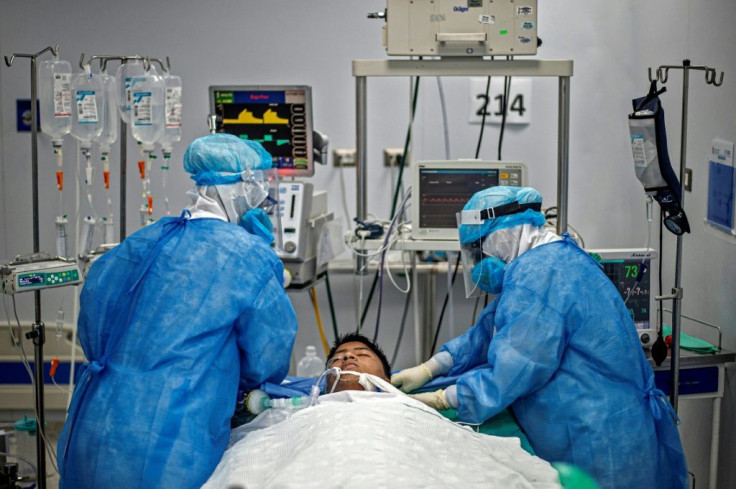Air Pollution Could Increase Likelihood Of COVID-19 Related Deaths, Study Says
Over the years, air pollution has become a serious danger to the environment, but a study by the Office for National Statistics (ONS) suggests that poor air quality could increase the risk of COVID-19 deaths.
Following an observation of 46,000 coronavirus deaths in England, researchers found that a single-unit increase in an individual’s exposure to small-particle pollution over the last decade could increase the coronavirus related death rate by up to six percent.
In urban areas, a single-unit increase of nitrogen dioxide was linked to a two percent increase in death rates.
“Consistent exposure to air pollution is a known cause of breathing difficulties and other long-term conditions in the lungs and heart,” the ONS report stated.
”Our data show that 35% of deaths involving COVID-19 had respiratory or cardiovascular disease as the main pre-existing health condition.”
The Guardian noted that the ONS found that air pollution could explain why minorities have a higher number of coronavirus cases.
“The effects of long-term exposure to air pollution as a factor that increases coronavirus mortality appear smaller than those reported in previous studies, though our upper estimates are similar in magnitude to some,” the ONS report said.
“[But] it must be accepted that the true picture will likely only emerge once data are available for highly detailed individual-based modeling.”
Despite the statistics found in the study, it is important to note that only groups of people were evaluated. Instead, individual-level data would be required to eliminate the possibility of other factors to reach a valid conclusion that would link air pollution to COVID-19 deaths.
The results of the study come amid the analysis of government data by CBS4 Investigate, which found that there are greater air pollution concentrations in the poorer neighborhoods of Denver.
Of those areas with poor air quality, a large number of its residents were hospitalized due to COVID-19.

© Copyright IBTimes 2024. All rights reserved.






















